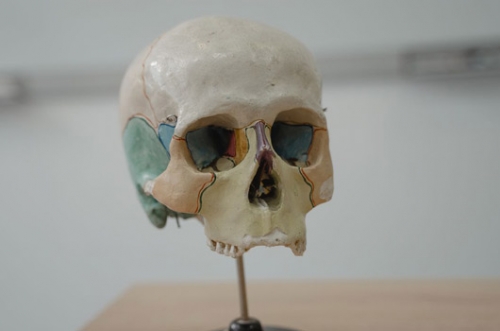A tiny new organ has been discovered in the human body, Here’s why it matters
Agencies | Amsterdam
The Daily Tribune - www.newsofbahrain.com
A group of Dutch scientists believe they have discovered a brand new organ in the human body. It’s an impossibly small set of glands, dubbed “tubarial glands,” that sit in the skull where the nose and throat meet.
Researchers were using a special technology called PSMA PET/CT (prostate-specific membrane antigen imaging using positron emission tomography), which is designed to look for tumorous growths. They were looking in the head of 100 individuals being treated for prostate cancer, as well as two dissected cadavers when they found the new organs.
The glands cannot be seen with imaging methods such as ultrasounds, CT scans or MRIs, according to the study authors.
The study authors assume the function of the tubarial glads is to moisten and lubricate the nasopharynx (connected to the soft palate) and oropharynx (connected to the tongue and throat).
The implications of the study could benefit the head and neck, cancer patients. Radiotherapies used to treat such tumors can damage other salivary glands, which can cause dry mouth and trouble with swallowing, speaking, and eating
Related Posts

